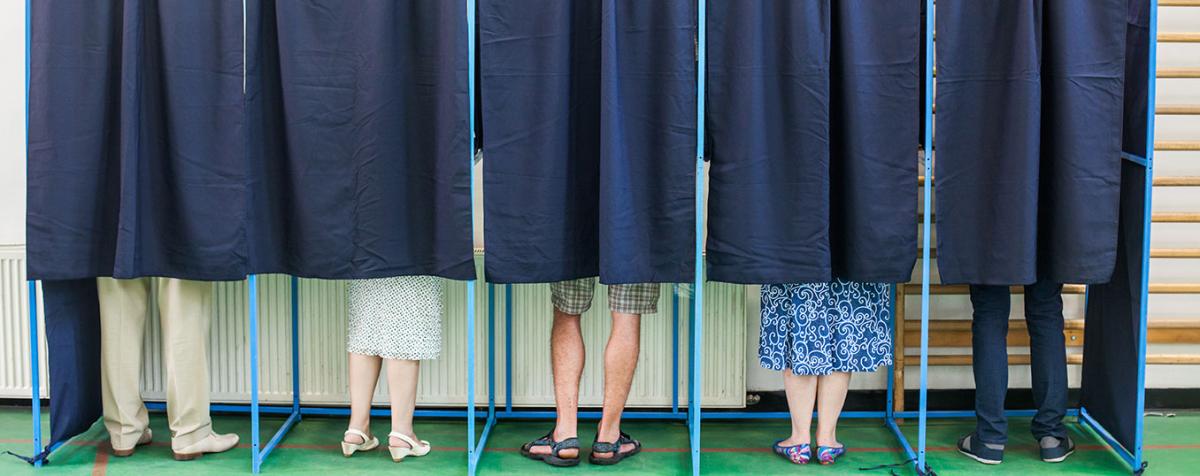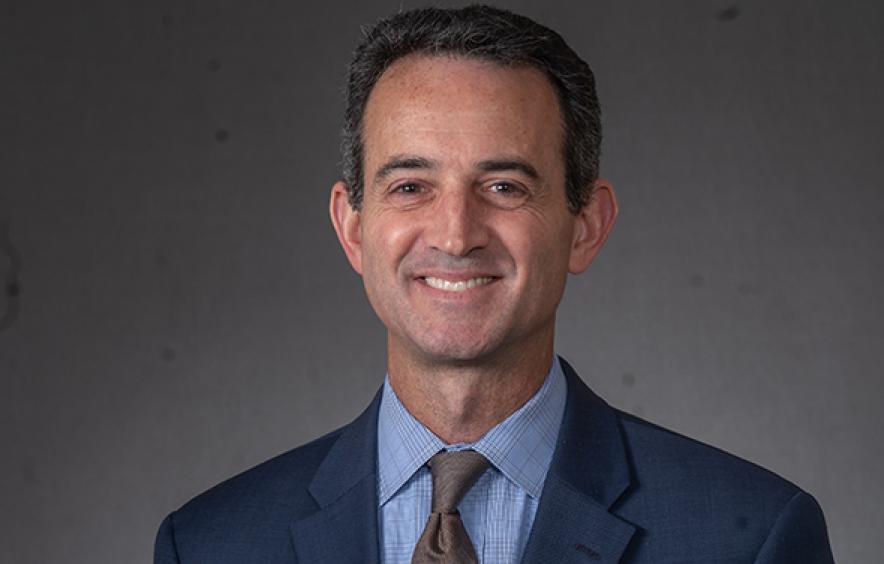Intraparty Politics and the 2016 Election
Collaborative examination illuminates how decisions within parties play into healthy democracies
Our Partnership
The 2016 presidential election cast ripples through American government, culture and society, and its effects are still being evaluated by political scientists as a point of major change in the function of American democracy. Through a partnership between DU's Seth Masket and Marquette University scholars, a pair of experts delved into the role of intraparty politics in elections and how those decisions at the organizational level influence the future of American government.
About DU Research
We leverage cross-institutional collaboration to address some of today’s most pressing challenges, producing interdisciplinary solutions that influence policymakers to effectively serve the public good. From Stanford to UChicago to NYU, we’ve refined our collaborative process through years of mutually beneficial relationships with institutions nationwide to understand and address challenges like climate change, HIV and youth homelessness.
DU’s current research efforts have been featured in news outlets like The New York Times. They include…
- exploring the effects of felony disenfranchisement.
- employing lasers as the medium for quantum science.
- using theatre to heal and rehabilitate inmates.











